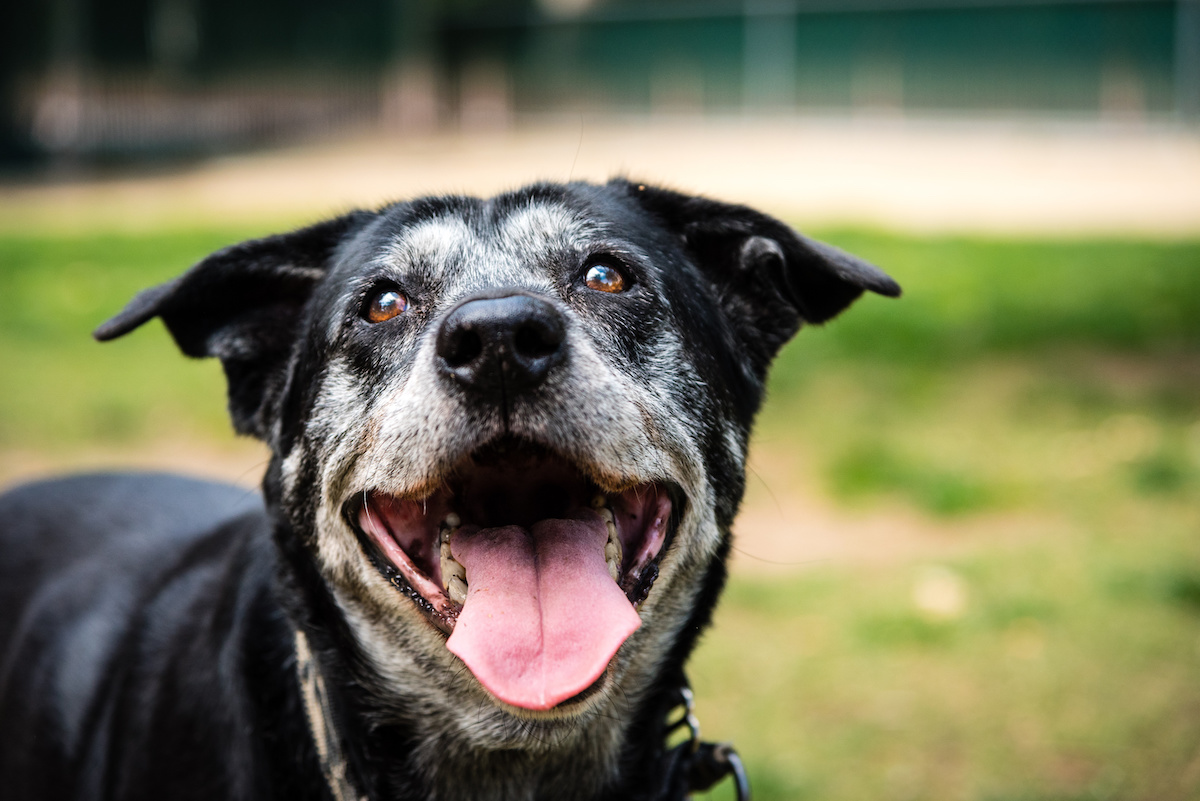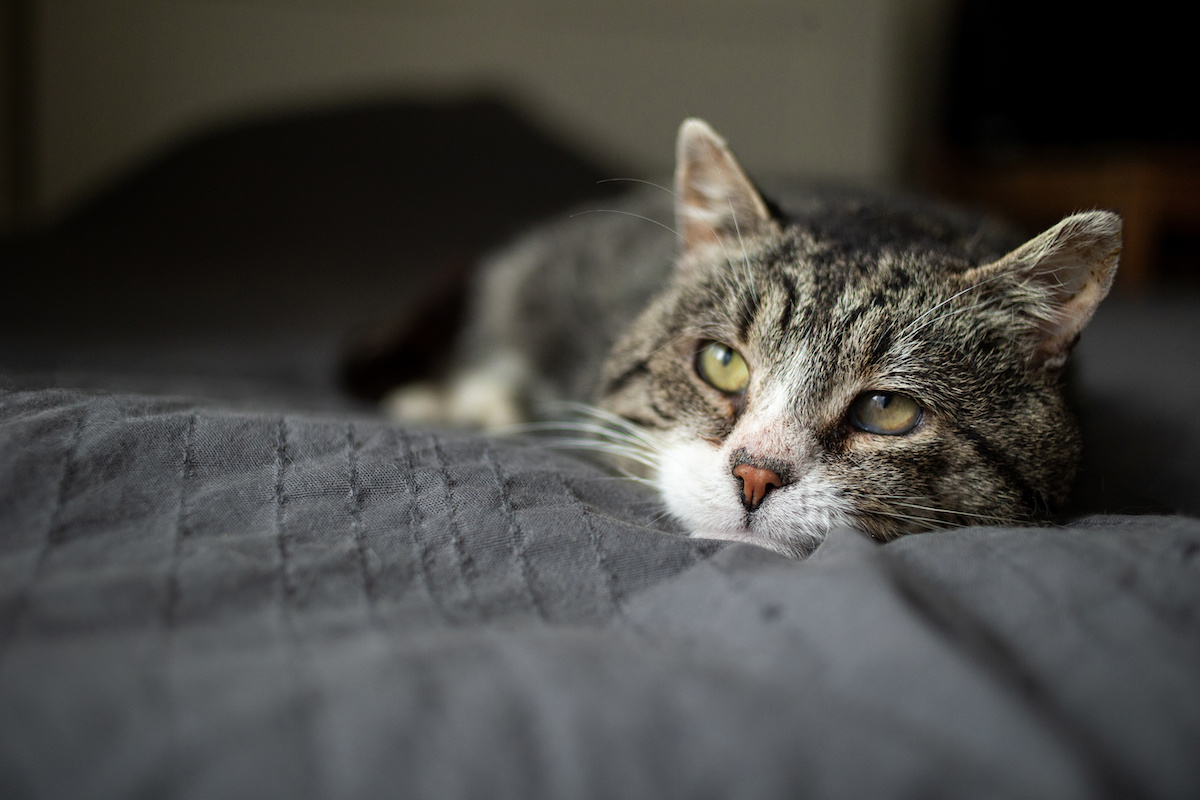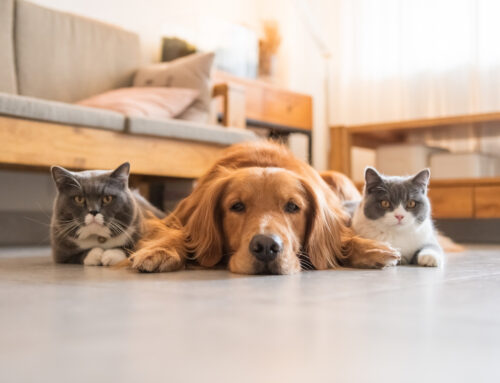As beloved members of our families, our pets provide us with years of companionship, loyalty, and joy. As they age, however, our furry friends may require special attention and care to ensure they remain happy and healthy throughout their golden years.
In this blog, we’ll explore the unique needs of senior pets and provide valuable tips for providing them with the best possible care.
Understanding Senior Pet Care
As pets age, their bodies undergo various changes, much like humans. These changes can include:
- Decreased mobility
- Changes in appetite
- Dental issues
- An increased risk of developing certain health conditions
Understanding these changes is the first step in providing appropriate care for aging pets.
When Do Pets Get “Old”?
The age pets start to be considered “old” can vary depending on factors such as species, breed, size, and overall health.
However, as a general guideline:
- Dogs: Small breeds generally have longer lifespans and may be considered seniors around 7 to 10 years old. Medium-sized breeds may enter their senior years around 6 to 9 years old, while large and giant breeds may be considered seniors as early as 5 to 7 years old due to their shorter lifespans and increased risk of age-related health issues.
- Cats: Cats are generally considered seniors around 7 to 10 years old. However, indoor cats often live longer than outdoor cats and may not exhibit signs of aging until later in life.

Signs of Aging in Pets
It’s essential for pet owners to recognize the signs of aging in their furry companions. Some common signs of aging in pets include:
- Decreased Activity: Senior pets may become less active and show less interest in physical activities they once enjoyed.
- Changes in Appetite: Older pets may experience changes in their appetite, including decreased interest in food or difficulty chewing.
- Weight Changes: Changes in weight, either weight loss or weight gain, can be indicative of health issues in senior pets.
- Dental Problems: Dental issues such as periodontal disease and tooth decay are common in aging pets and can lead to pain and discomfort.
- Changes in Behavior: Senior pets may exhibit changes in behavior, such as increased irritability, confusion, or disorientation.
Importance of Regular Veterinary Care
Regular veterinary care is of paramount importance for aging pets to ensure their health and well-being as they enter their senior years.
Here’s why:
Early Detection of Health Issues
Aging pets are more susceptible to various health conditions such as:
- Arthritis
- Dental disease
- Kidney disease
- Cancer
Regular veterinary check-ups allow veterinarians to detect these issues early on when they are more manageable and before they progress to a more advanced stage.
Tailored Preventive Care
Senior pets have unique health needs that may require specific preventive care measures. Regular veterinary visits allow for tailored preventive care plans, including vaccinations, parasite control, and dental care, to help keep aging pets healthy and comfortable.
Monitoring Chronic Conditions
Many senior pets develop chronic health conditions such as diabetes, heart disease, and arthritis. Regular veterinary care enables veterinarians to monitor these conditions closely, adjust treatment plans as needed, and ensure that pets are receiving appropriate management for their specific health needs.
Pain Management
Aging pets are more prone to experiencing chronic pain due to conditions such as arthritis and dental disease. Regular veterinary care allows veterinarians to assess and manage pain effectively through medication, dietary changes, physical therapy, and other modalities, ensuring that pets remain comfortable and maintain their quality of life.
Nutritional Guidance
Senior pets often have different nutritional requirements than younger pets due to changes in:
- Metabolism
- Activity level
- Overall health status
Regular veterinary visits provide an opportunity for veterinarians to offer nutritional guidance and recommend appropriate dietary adjustments to support the health and well-being of aging pets.
Behavioral Changes
Aging pets may experience cognitive decline and behavioral changes such as increased anxiety, confusion, or aggression. Regular veterinary care allows veterinarians to assess these changes, rule out underlying medical causes, and provide guidance and support to pet owners in managing their pet’s behavior effectively.
Quality of Life
Ultimately, regular veterinary care plays a crucial role in maintaining the overall quality of life for aging pets. By addressing health issues early, managing chronic conditions effectively, and providing tailored preventive care, veterinarians can help ensure that senior pets remain happy and comfortable, and enjoys life to the fullest as they age gracefully.
By partnering with veterinarians and staying proactive about their pet’s health, pet owners can help their aging companions enjoy a high quality of life well into their senior years.

Tips for Caring for Aging Pets
Now that we understand the unique needs of senior pets let’s explore some tips for providing them with the best possible care:
1. Maintain a Healthy Diet
Proper nutrition is essential for senior pets to maintain their health and vitality. Consider switching to a senior-specific pet food formula that is specially formulated to meet the nutritional needs of aging pets. These formulas often contain:
- Lower calories
- Higher levels of essential nutrients
- Ingredients that support joint health
2. Provide Regular Exercise
While senior pets may not be as active as they once were, regular exercise is still essential for maintaining their mobility and overall well-being. Engage your senior pet in gentle activities such as short walks, gentle play sessions, or swimming, tailored to their individual needs and abilities.
3. Monitor Weight and Body Condition
Obesity is a common issue in senior pets and can exacerbate existing health conditions such as arthritis and heart disease. Monitor your pet’s weight regularly and adjust their diet and exercise routine as needed to maintain a healthy body condition.
4. Address Dental Health
Dental issues are prevalent in senior pets and can lead to pain, discomfort, and difficulty eating. Schedule regular dental check-ups with your veterinarian and practice good dental hygiene at home by brushing your pet’s teeth regularly and providing dental treats or toys.
5. Provide a Comfortable Living Environment
Make adjustments to your home to ensure it is comfortable and accessible for your senior pet. Consider providing soft bedding, ramps or steps to help them navigate stairs or furniture, and non-slip surfaces to prevent slips and falls.
6. Schedule Regular Veterinary Check-ups
Regular veterinary check-ups are essential for senior pets to monitor their overall health and detect any potential issues early on. During these check-ups, veterinarians can:
- Perform a thorough physical examination
- Assess your pet’s dental health
- Recommend any necessary diagnostic tests
7. Be Mindful of Cognitive Changes
Senior pets may experience cognitive changes as they age, such as confusion, disorientation, and changes in behavior. Be patient and understanding with your pet and provide them with plenty of love, attention, and mental stimulation to help keep their minds active and engaged.
8. Manage Chronic Health Conditions
Many senior pets develop chronic health conditions such as arthritis, diabetes, or kidney disease. Work closely with your veterinarian to manage these conditions through:
- Medication
- Dietary changes
- Lifestyle modifications
Turn to the Animal Care Center for Help with an Aging Pet
Caring for an aging pet requires patience, understanding, and a commitment to their health and well-being. By following the tips outlined in this guide and working closely with your veterinarian, you can ensure that your senior pet enjoys a happy, healthy, and comfortable life well into their golden years.
Remember, every pet is unique, so be sure to tailor your care approach to meet the individual needs of your furry companion.
At the Animal Care Center, we understand the importance of senior pet care and are dedicated to providing compassionate and comprehensive veterinary services for pets of all ages. If you have any questions or concerns about caring for your aging pet, don’t hesitate to contact us.
Together, we can ensure that your beloved companion receives the best possible care throughout their senior years!






